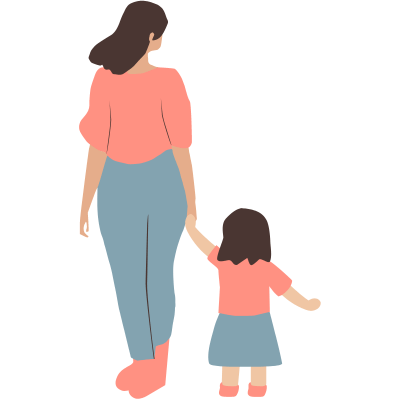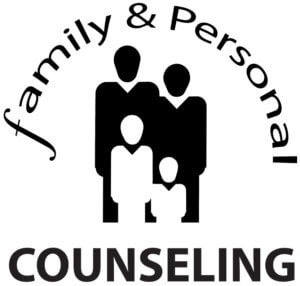
Uncovering the Roots of Emotional Patterns
Inner child development is a deeply personal and transformative process that explores the profound impact our childhood experiences have on our adult emotions, behaviors, and patterns. FPC Therapist Callum Christie, MA, MHC explains more about healing the inner child by recognizing how trauma and stress during our formative years leave lasting effects on both our minds and bodies, shaping our interactions with the world.
The Significance of Early Experiences
At its core, inner child work involves reconnecting with the younger versions of ourselves—the parts that may have felt hurt, neglected, or misunderstood. These aspects of our personality, often buried beneath the layers of our adult selves, still carry unresolved emotions and needs.
Techniques for Reconnecting and Healing
Simple practices such as journaling, meditation, or even just taking time to listen to your emotions can facilitate a connection with your inner child. This connection provides a chance to heal old wounds and foster a more nurturing relationship with yourself, leading to significant personal growth and more fulfilling relationships.
Impact of Inner Child Work
Leading psychiatric in the field such as Dr. van der Kolk and his book, The Body Keeps the Score, underscores that childhood trauma isn’t just stored in our memories but often held in our bodies, manifesting as physical symptoms, anxiety, or recurring patterns in relationships. Inner child work equips us to identify these patterns and respond to them with compassion and understanding rather than from a place of pain.
The Path to Emotional Freedom
Engaging with your inner child is key to unlocking emotional freedom and achieving lasting well-being. This journey opens the door to a deeper sense of self-awareness and more robust emotional health, helping individuals build stronger relationships and a peaceful, balanced life and will get you on the path of healing the inner child.


